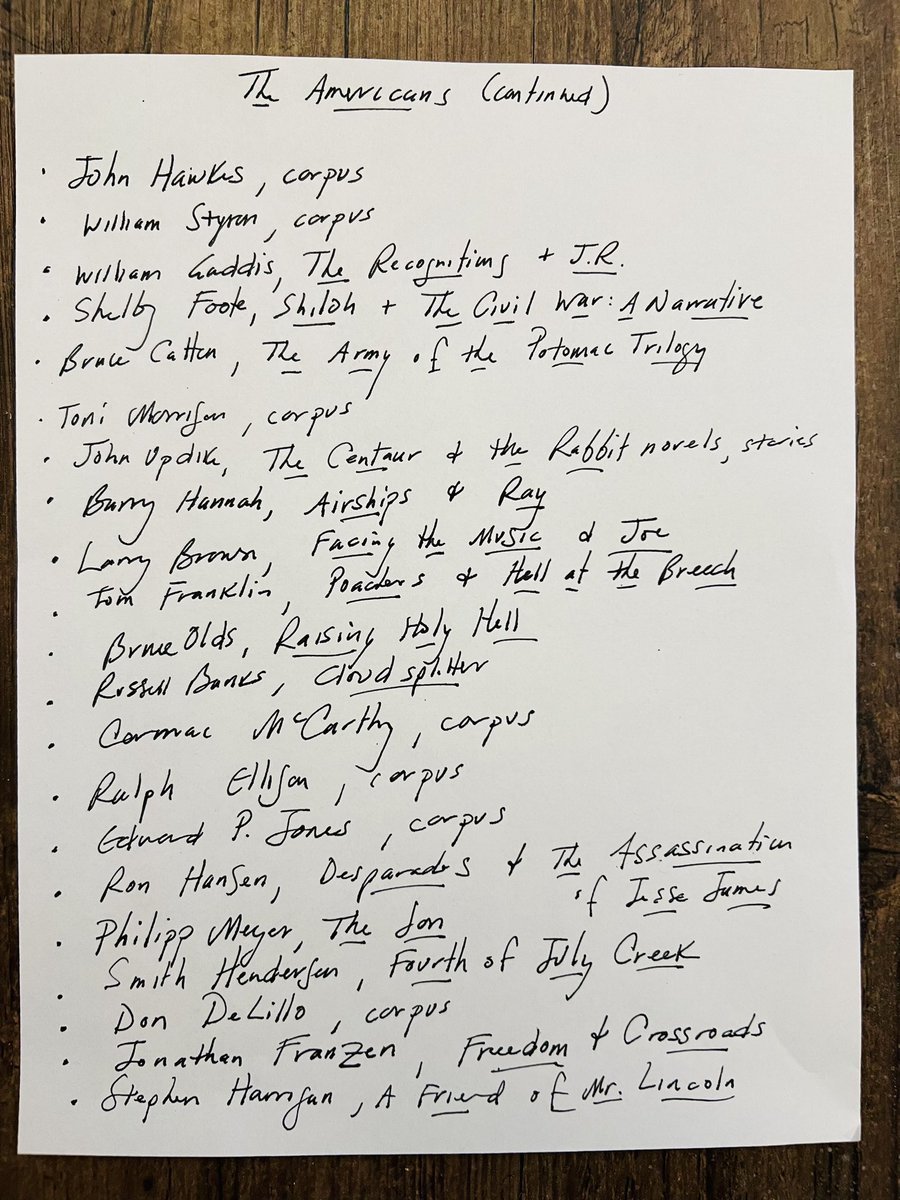As I said, a blueprint to destroy Literature. 📚 ☢️ 💣

https://twitter.com/americangwyn/status/1810738666932768784

2. What Meg’s got ain’t nothing new. It goes all the way back to Plato, who argues, in The Republic, that dramatists should be kept out of his ideal city. He said they stirred up too many dangerous emotions in audiences. And actors were allowed to literally play gods on stage. 

3. The interesting thing is that Plato identified a real concern: if an actor can perform divinity, what does that say about being divine? Were the gods just actors, pacing the stage of Olympus?
This is, of course, the same logic that got us advisory labels on records.
This is, of course, the same logic that got us advisory labels on records.
4. This debate rushes down through Western Philosophy & Literature, sweeping up Horace ("Art should delight and instruct") and many others. Victorians worried about educating young Englishwomen on the novel (so many feels, so many corrupting ideas!).
5. It isn't until Henry James's essay "The Art of Fiction" that we get a new argument: "the only responsibility of fiction is to be consistently interesting." Badly as I hate to agree with Henry James, he's right.
public.wsu.edu/~campbelld/aml…
public.wsu.edu/~campbelld/aml…
• • •
Missing some Tweet in this thread? You can try to
force a refresh













